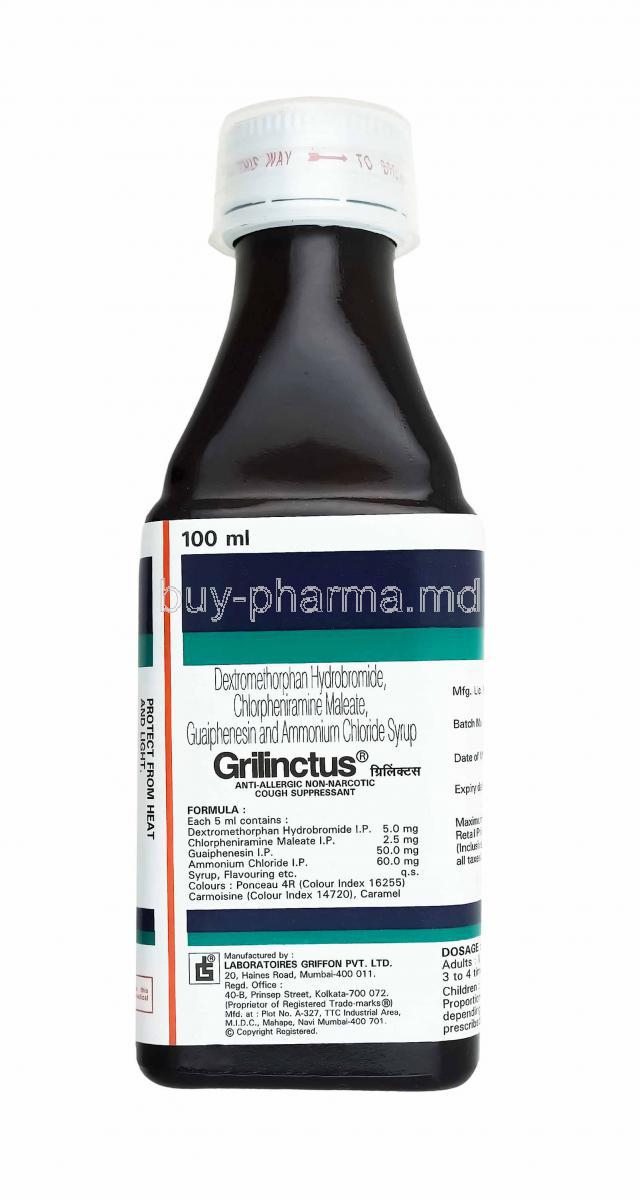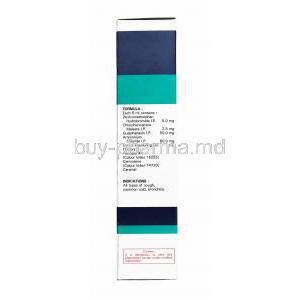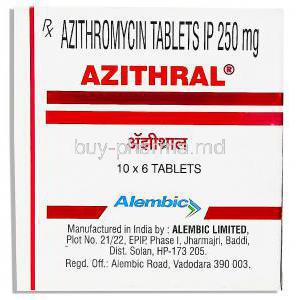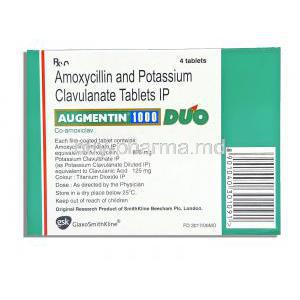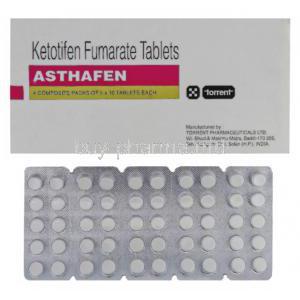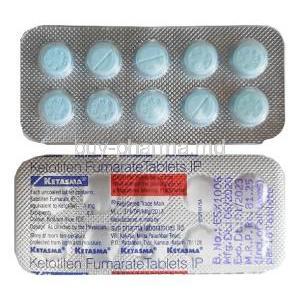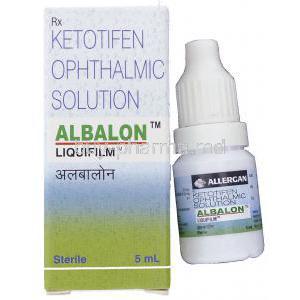Chlorpheniramine
Uses
How it Works
Common Side effects
Patients who take Chlorpheniramine may suffer from such side effects;
Nausea,
Constipation,
Loss of appetite,
Drowsiness,
Dry mouth,
Dry throat,
Dry skin,
Headache,
Inability to empty the urinary bladder,
Nasal congestion,
Chest congestion,
Vomiting
Dextromethorphan
Uses
How it Works
Common Side effects
Some of the potential side effects of Dextromethorphan can include the symptoms below;
Sedation,
Sleepiness,
Weakness,
Dehydration,
Dizziness,
Lightheadedness,
Headache,
Sweating,
Anemia,
Fatigue,
Vomiting,
Nausea,
Edema,
Constipation,
Dry mouth.
Guaifenesin
Uses
How it Works
Common Side effects
Some of the potential side effects of Guaifenesin can include the symptoms below;
Nausea,
Itchy rash,
Diarrhea,
Dizziness,
Headache,
Hives,
Nausea or vomiting,
Skin rash,
Hypersensitivity reaction,
Stomach pain,
Vomiting
Ammonium Chloride
Uses
How it Works
Common Side effects
Some of the potential side effects of Ammonium Chloride include the symptoms below;
Facial swelling,
Allergic reaction,
Sickness,
Nausea,
Stomach pain,
Shortness of breath,
Difficulty in swallowing,
Throat disorder
Buy Grilinctus Syrup Online
Grilinctus Syrup contains four medicines treat to ease a dry cough. Furthermore, this syrup looses mucus from your nose, windpipe, and lungs for effective treatment.
It contains Ammonium Chloride+Chlorpheniramine Maleate+Dextromethorphan Hydrobromide+Guaifenesin as active ingredients and has antitussive (cough suppressant) and antihistamine properties.
What is Grilinctus Syrup?
Grilinctus Syrup is an antitussive and cough suppressant medication for treating dry cough in adults.
Grilinctus Syrup is an expectorant medicine treatment to loosen up thick mucus from the nose, throat, and lungs while simultaneously relieving irritation in the respiratory tract and aiding coughing.
Active ingredients in this syrup include Chlorpheniramine, Dextromethorphan, Ammonium chloride, and Guaifenesin. Chlorpheniramine works by blocking histamine activity to stop allergies from manifesting through a runny nose, sneezing, and watery eyes symptoms.
Treatment times and doses depend on the condition being addressed, making it vital to take all prescribed medication over its entire prescribed duration.
Dosage should be taken following the doctor's orders at a set time each day. Do not miss or double-take your daily dosage as this could lead to an overdose.
Diabetes patients should avoid this syrup due to its high sugar content, as it increases their risk for heart failure and could affect glucose regulation.
What are the uses of Grilinctus Syrup?
Grilinctus Syrup is an anti mucus medication that is used to clear mucus from your nose, windpipe, and lungs while relieving allergy symptoms like watery eyes, runny nose, sneezing, and throat irritation.
It contains Ammonium Chloride+Chlorpheneramine Maleate +Dextromethorphan Hydrobromide+guaifenesin as active ingredients and works by decreasing mucus thickness to make coughing out easier for patients.
Liquid medicine comes in syrup and should only be taken orally according to your doctor's advice. Any amounts over what has been recommended could lead to overdosage of medicine and lead to serious adverse side effects.
As this medication may cause drowsiness as a side effect, those using it should refrain from driving a vehicle or operating machinery immediately after taking this dose.
Children aged six years or younger should not take this medicine due to potential side effects and pregnancy or breastfeeding should avoid using it.
What is the recommended dosage of Grilinctus Syrup?
Grilinctus Syrup dosage varies based on various factors, including age, medical history and body weight. Dosage will also depend upon which condition has been prescribed and your chosen route of administration.
Grilinctus syrup contains two active ingredients - Chlorpheniramine Maleate and Dextromethorphan Hydrobromide - to alleviate dry cough and throat irritation and prevent sneezing, runny nose, and allergies. These medications work by soothing both of your breathing passageways at once.
But some side effects may include indigestion, headaches, bloating, and tremors - these effects are mild and usually resolve themselves over time.
Use this medication only after consulting your physician, and do not give it to anyone with an allergy to any of its components.
For optimal results, this medication should be taken in one dose of 100ml syrup once daily in the morning on an empty stomach. Alcohol may make you sleepy, interfere with thinking processes, and cause blurred vision or dizziness; avoid doing this if possible.
How does Grilinctus Syrup work?
Cough suppression works by decreasing activity in the cough center in the brain, thus helping prevent coughing and making patients feel comfortable.
Dextromethorphan in this medicine acts as an anti-tussive by raising the threshold of cough center in the CNS (central nervous system), making cough easier to clear up, while ammonium chloride acts as an expectorant by thinning mucus making removal more accessible through coughing.
Take all medications exactly as prescribed by your physician. Doing otherwise may reduce effectiveness while also increasing risks of serious side effects.

